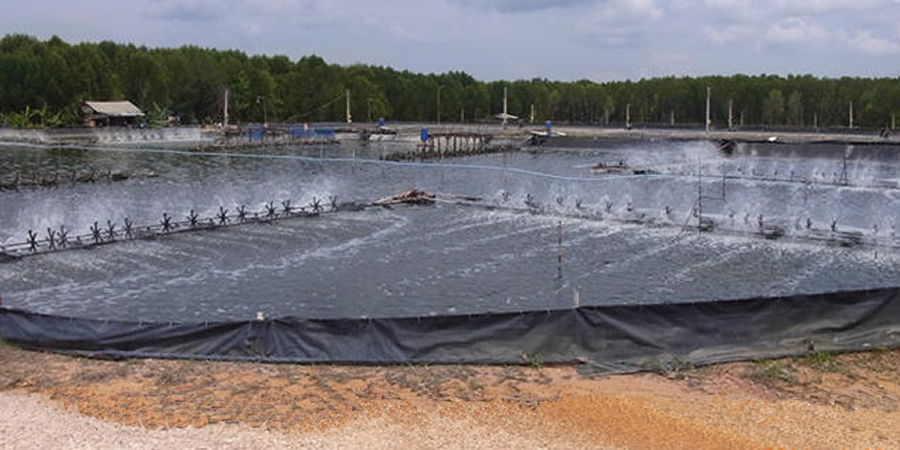August 22, 2023
Japan's onshore aquaculture grows to secure food supplies and protect environment

Japan is witnessing a rapid expansion of onshore aquaculture, with both major fishery companies and startups venturing into farmed mackerel and shrimp, driven by the nation's pursuit of bolstering food security and environmental protection amid concerns related to pollution and overfishing, Nikkei Asia reported.
Seafood major Nissui has ventured into the production of fresh and fatty mackerel within onshore aquaculture facilities. These mackerel are making waves as a weekend treat in a sushi chain owned by the Colowide restaurant and food group. Operating the first-of-its-kind mackerel facility in Tottori prefecture, Nissui aims to achieve shipments of 175 tonnes by fiscal year 2024 and 250 tonnes in the future. Equipped with 10 tanks, this innovative facility harnesses precise water temperature control to enhance the mackerel's fat content and flavour.
Compared to marine aquaculture, onshore aquaculture presents lower risks of parasite infestations. The added value of reduced food poisoning risk elevates wholesale prices by 20% to 30% compared to conventional aquaculture.
Nissui's involvement in onshore aquaculture isn't confined to mackerel; the company is also engaged in cultivating white leg shrimp. These shrimp find their way to Mos Food Services, the entity behind the Mos Burger chain, which uses them to create a fried-shrimp cutlet sandwich paired with a shrimp sauce.
In a bid to secure domestic procurement methods, Nissui commenced full-scale onshore aquaculture of white leg shrimp in Kagoshima prefecture in southern Kyushu. The company aims to ship 140 tonnes of shrimp from this facility by fiscal year 2027.
As the global fishing industry faces competition due to climate change-induced poor catches, Japan, which depends on aquaculture for around 24% of its fishing sector, is exploring onshore aquaculture as a viable solution. Unlike coastal aquaculture, which faces limitations due to factors like pollution, the onshore method gains traction for its minimal environmental impact and absence of fishing rights restrictions.
Investments are flowing into the burgeoning onshore aquaculture market. A notable example is Mitsui & Co. subsidiary FRD Japan, which recently announced the sale of JPY 21 billion (~US$144 million; JPY 100 = US$0.68) in shares to raise funds for a rainbow trout farm under construction in Chiba prefecture, near Tokyo.
- Nikkei Asia










